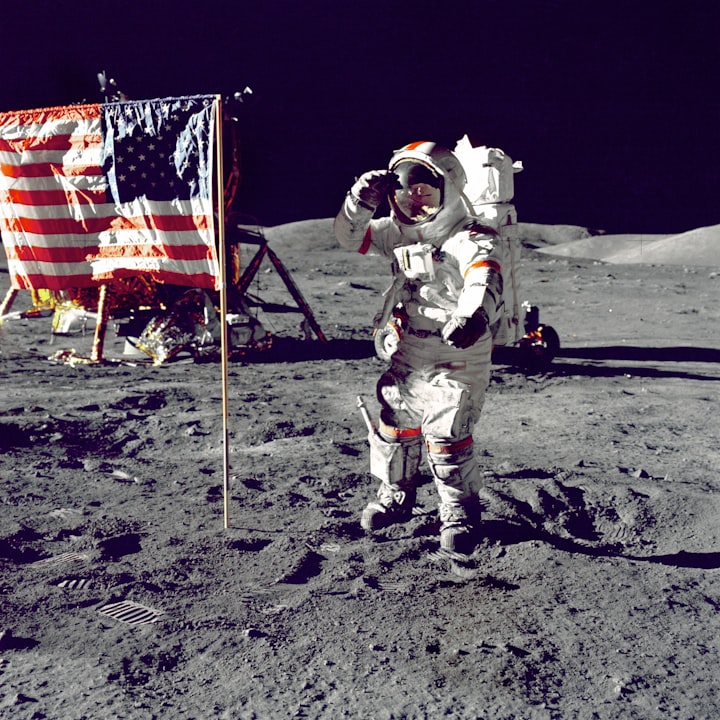
Introduction
Space tourism, once a distant dream, is rapidly becoming a reality as technological advancements and private ventures revolutionize the accessibility of space travel. This article explores the future of space tourism, delving into the emerging landscape, the key players, the potential experiences for space tourists, and the impact it may have on the broader space industry.
The Emergence of Commercial Space Travel
Commercial space travel is reshaping the space industry, moving it beyond the realm of governments and into the hands of private companies. Innovative companies such as SpaceX, Blue Origin, and Virgin Galactic are pioneering efforts to make space tourism accessible to a broader audience. Their investments in reusable rockets, spacecraft development, and launch infrastructure are driving the future of space tourism.
Suborbital Space Tourism: The First Frontier
Suborbital space tourism represents the initial phase of commercial space travel, offering tourists a taste of space by reaching the edge of Earth's atmosphere. Companies like Blue Origin and Virgin Galactic are leading the way with their suborbital spacecraft, allowing passengers to experience weightlessness and behold the breathtaking views of our planet from space. These suborbital trips are expected to become more affordable and accessible in the near future.
Orbital Space Tourism: Destination Earth's Orbit
Orbital space tourism takes the experience a step further by enabling tourists to reach Earth's orbit and spend several days aboard a space station or space hotel. Axiom Space, for example, plans to offer commercial missions to the International Space Station (ISS) in the near future. These trips would provide a truly immersive space experience, with tourists living and working alongside professional astronauts.
Space Tourism Beyond Earth: Moon, Mars, and Beyond
The future of space tourism extends beyond Earth's orbit, with plans to send tourists to the moon, Mars, and even more distant destinations. Companies like SpaceX envision lunar tourism missions, where tourists would orbit the moon or land on its surface. The long-term goal is to establish human settlements on other celestial bodies, creating opportunities for extended stays and interplanetary tourism.
The Experiences of Space Tourists
Space tourists can expect a range of experiences, from the exhilaration of launch and weightlessness to breathtaking views of Earth and the wonders of space. Training programs will prepare tourists for the physical and mental challenges of space travel, ensuring their safety and enhancing their overall experience. Activities such as spacewalks, scientific experiments, and celestial observations may be included, offering a unique and immersive journey beyond Earth.
Addressing Safety and Risks
Ensuring the safety of space tourists is of paramount importance. Companies are rigorously testing and improving their spacecraft and safety protocols to minimize risks. Stringent training programs and medical assessments will be implemented to prepare tourists for the physical demands of space travel. Additionally, comprehensive emergency procedures and redundant systems will be in place to handle potential contingencies.
The Impact on the Space Industry
The rise of space tourism has significant implications for the broader space industry. It drives innovation, technological advancements, and cost reductions, as companies compete to offer safer, more affordable, and more immersive experiences. The revenue generated from space tourism can fund further research and development, enabling progress in space exploration, colonization, and the development of sustainable space infrastructure.
The Societal and Cultural Impact
Space tourism has the potential to inspire a new generation of space enthusiasts and foster a broader public interest in space exploration. It can promote scientific literacy, stimulate technological innovation in various industries, and foster international collaboration in space endeavors. The cultural impact of space tourism can fuel creative endeavors, inspire artistic expressions, and foster a collective sense of wonder and appreciation for the vastness of our universe.
Conclusion
Space tourism represents a new frontier of exploration, innovation, and human experience. As private companies push the boundaries of commercial space travel, the dream of journeying beyond Earth is becoming attainable for a wider audience. Suborbital and orbital trips, along with future missions to the moon and beyond, promise to offer extraordinary adventures and redefine our relationship with the cosmos. The future of space tourism holds immense potential to revolutionize the space industry, inspire generations, and provide a gateway to the wonders of the universe.
About the Creator
Tatsuki
Space, Quantitative Finance, Crypto, Blockchain, Langurages, etc.
Personal Blog (Japanese): https://www.jinsei-100nenn.com/
AI Art Project: Space Cat AI (on Instagram)
Follow me:






Comments
There are no comments for this story
Be the first to respond and start the conversation.